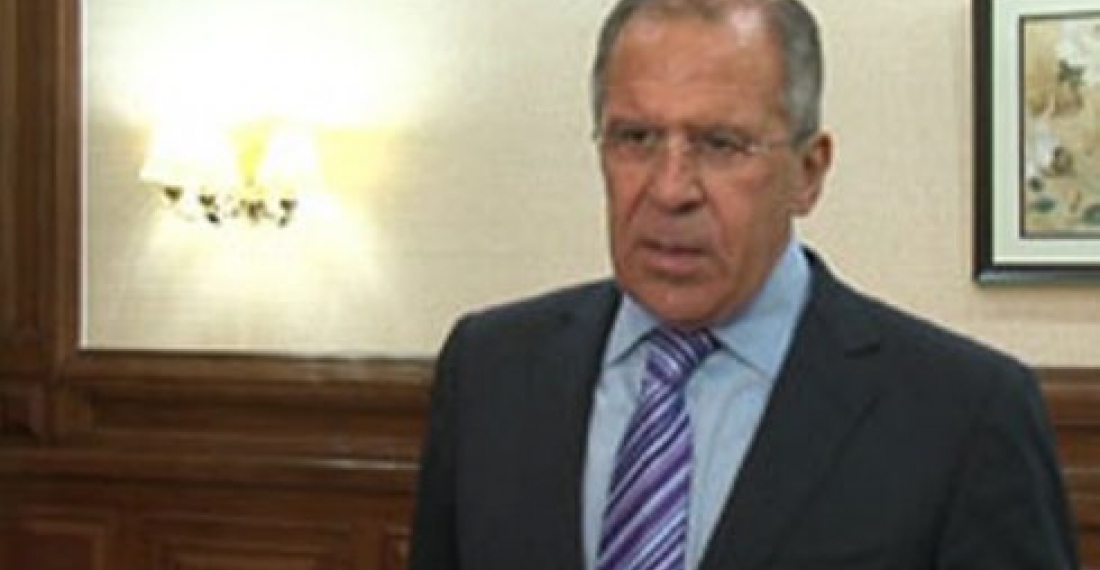Russian Foreign Minister, Sergey Lavrov, has weighed in on the settlement process over Nagorno Karabakh while speaking to students and academics from the Moscow State Institute of International Relations (MGIMO), on Tuesday (1 Sepember). In his comments, Lavrov said that the leaderships of both countries are genuinely interested in the reaching a final deal over the long-disputed region, despite border clashes between Armenia and Azerbaijan earlier this year. Lavrov's comments follow telephone conversations he had yesterday with the foreign ministers of both Armenia and Azerbaijan.
Addressing recent calls to change or abandon the current format of peace negotiations, Lavrov stated, "We believe that this will be a big mistake and are convinced that what has been achieved over these years should remain the basis of our future efforts." The minister threw Russian support behind the existing documents for a peaceful settlement based on the Madrid Principles, arguing, "The documents formulated principles that reflect both the principles of the UN Charter and the principles of the Helsinki Final Act. They also formulated specific parameters to be agreed for this settlement to take place." Whilst not elaborating, he added, "I can assure you that there is a denouement that will ensure justice for both the Armenian and the Azerbaijani representatives."
The Basic Principles for a settlement to the conflict over Nagorno Karabakh (the Madrid Principles) were introduced by OSCE Minsk Group mediators in Madrid in 2007, and were informally made public by the co-chair countries some time later. Based on the Helsinki Final Act principles of Non-Use of Force, Territorial Integrity, and the Equal Rights and Self-Determination of Peoples, they call for inter alia: 1) the return of the territories surrounding Nagorno-Karabakh to Azerbaijani control; 2) an interim status for Nagorno-Karabakh providing guarantees for security and self-governance; 3) a corridor linking Armenia to Nagorno-Karabakh; 4) future determination of the final legal status of Nagorno-Karabakh through a legally binding expression of will; 5) the right of all internally displaced persons and refugees to return to their former places of residence; and 6) international security guarantees that would include a peacekeeping operation.
Sources: Commonspace.eu with Vestnik Kavkaza, Tass, Tert.am, and agencies.
photo: Sergei Lavrov (archive picture)






